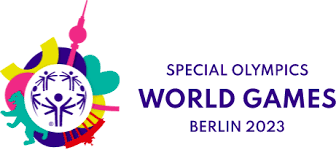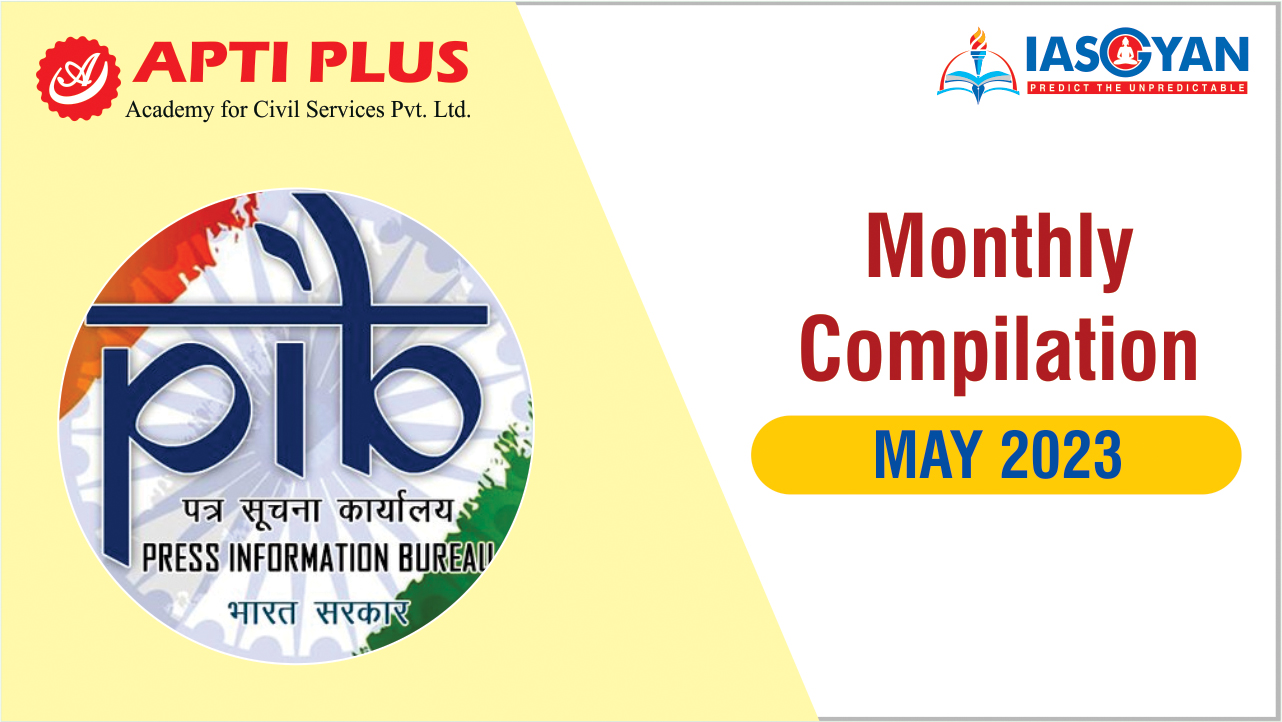SPECIAL OLYMPICS - SUMMER GAMES

Disclaimer: Copyright infringement not intended.
Context
- The Indian team's participation in the Special Olympics World Games in Berlin, Germany. It highlights various aspects related to the team's journey, preparation, and support received from the government.
Details
Team Composition and Departure:
- The Indian team, consisting of 280 members, including 198 athletes, left for Berlin, Germany on June 12th to participate in the Special Olympics World Games.
Meeting with the Minister of Youth Affairs and Sports:
- Prior to their departure, the team had the privilege of meeting the Minister of Youth Affairs and Sports, Shri Anurag Singh Thakur, at a send-off ceremony on June 8th.
Funding and Support:
- The Minister of Youth Affairs and Sports sanctioned a record amount of Rs. 7.7 Cr towards the participation of the Indian contingent at the Special Olympics, the highest amount ever sanctioned for this event.
Preparatory Coaching Camp:
- The Indian team had a preparatory coaching camp at the Sports Authority of India’s (SAI) Jawaharlal Nehru Stadium in Delhi.
Global Participation:
- The Special Olympics World Games will witness the participation of over 7000 athletes from 190 countries.
Event Details:
- The mega event will be held from June 17th to June 25th.
- Indian athletes will compete in 16 different sports disciplines, aiming to win medals for their country.
About Olympic Games
Ancient Olympics:
- The ancient Olympic Games originated in ancient Greece around the 8th century BCE.
- The Games were held in honor of the Greek god Zeus and aimed to foster physical and mental excellence.
- Initially, the games included foot races, wrestling, boxing, chariot races, and other athletic competitions.
- The ancient Olympics were held every four years in Olympia and lasted for over a millennium, until the 4th century CE.
Revival of the Modern Olympics:
- French educator Baron Pierre de Coubertin is credited with the revival of the Olympic Games.
- Inspired by the ancient Olympics, Coubertin founded the International Olympic Committee (IOC) in 1894.
- The first modern Olympic Games were held in Athens, Greece, in 1896.
- The initial modern Olympics featured nine sports, including athletics, cycling, gymnastics, swimming, and wrestling.
Evolution and Expansion:
- Over the years, the Olympics expanded its reach and saw an increasing number of participating nations and athletes.
- Women's participation was gradually introduced, with women's events being included starting from the 1900 Olympic Games in Paris.
- New sports were added to the Olympic program over time, reflecting the evolving interests and abilities of athletes worldwide.
- In 1960, the Paralympic Games were introduced, providing a platform for athletes with disabilities to compete at an international level.
Significant Moments:
- In the 1936 Berlin Olympics, American sprinter Jesse Owens won four gold medals, challenging Nazi propaganda and racial discrimination.
- The United States ice hockey team's unexpected victory over the Soviet Union during the 1980 Winter Olympics in Lake Placid, USA.
- Jamaican sprinter Usain Bolt's record-breaking performances, including winning three gold medals and setting world records in the 100m and 200m events in the 2008 Beijing Olympics.
- The unprecedented postponement of the Tokyo 2020 Olympics to 2021 due to the COVID-19 pandemic, marking a historic moment in Olympic history.
Modern Olympics Today:
- The Olympic Games have become a global sporting event, showcasing the talents of athletes from countries worldwide.
- The Olympics alternate between Summer and Winter Games, held every four years.
- Each Olympics is hosted by a different city, providing an opportunity for nations to display their culture and hospitality.
- The Olympics symbolize international cooperation, peace, and the celebration of athletic excellence, bringing nations together on a common platform.
About Summer and Winter Olympic Games
- The Summer Olympics are held during the warmer months and typically take place in July and August.
- The Summer Olympics feature a diverse program of sports, including athletics, swimming, gymnastics, cycling, basketball, soccer, tennis, volleyball, wrestling, boxing, and many others.
- The Winter Olympics are held during the colder months and typically take place in February.
- The Winter Olympics focus on winter sports disciplines such as skiing, snowboarding, ice hockey, figure skating, bobsleigh, curling, and many others.
- Both the Summer Olympics and Winter Olympics last for about two weeks, with multiple events taking place simultaneously in various venues within the host city.
|
PRACTICE QUESTION Q) Analyze the role of sporting culture in shaping India's national identity and socio-economic development. Discuss the challenges and opportunities associated with the promotion and management of sports in the country. Support your answer with suitable examples. (250 words) |
https://pib.gov.in/PressReleasePage.aspx?PRID=1932190





1.png)
